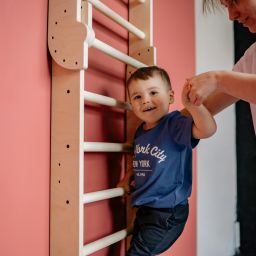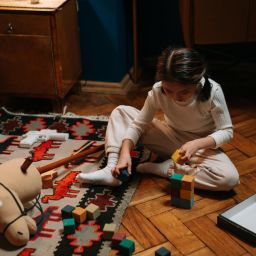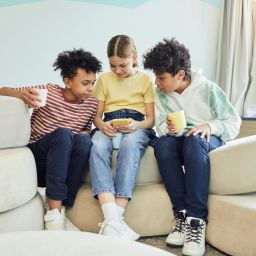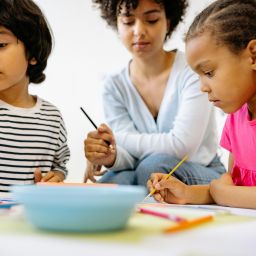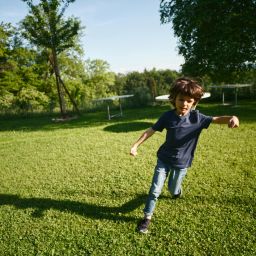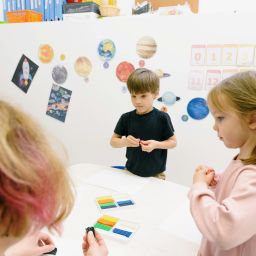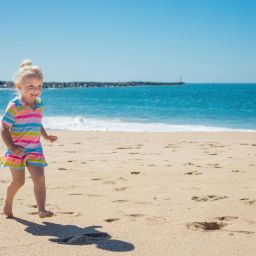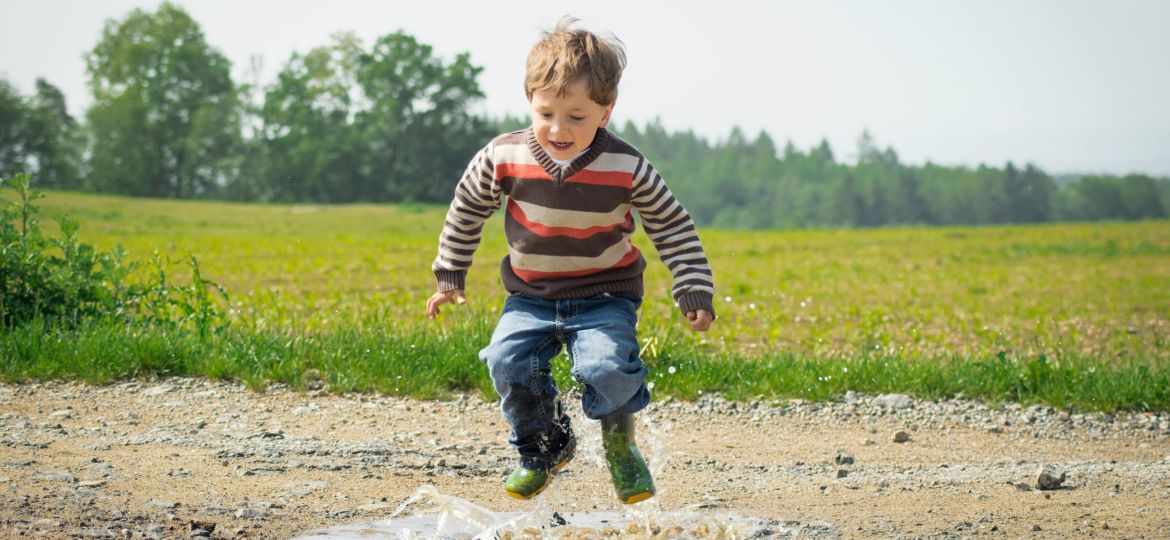
FH Summary: This post advocates integrating fun into the learning process, emphasizing that when children view learning as enjoyable, they show greater engagement, persistence, and success. First Habits provides resources and strategies to help parents and educators make education engaging, which fosters an upward spiral in children’s development. By adopting fun-based learning techniques, parents can encourage their children to embrace challenges and develop a lifelong love for learning.
In the vibrant world of child development, balancing the scales between structured achievement and joyful learning is crucial. First Habits, a pioneer in fostering healthy child development habits, advocates for an approach where fun is integrated into learning, especially when tasks are challenging. This philosophy is rooted in the belief that encouraging children to see the joy in the process of learning can significantly enhance their engagement and overall growth.
Understanding the Importance of Fun in Learning
James Clear, a noted author on habits and behavior, emphasizes that making hard tasks enjoyable is essential to maintaining commitment. He suggests, “When you’re doing something hard, the key to maintaining your commitment is to turn it into play.” Please see our previous blog post related to play here. This insight is particularly relevant to child development. When children find joy in a task, their intrinsic motivation skyrockets, making the learning process not only more enjoyable but also more effective.
Clear goes on to say, “When you’re doing something hard, focus on the fun part. Many people make a subtle mistake, which is they emphasize how difficult it is to do something. They tell themselves writing is hard or running is hard or math is hard. And so on. The dominant thought in their mind is that this is hard to do. And it is true these things (and many others in life) can be challenging. Meanwhile, people who thrive in a given area are often emphasizing a completely different aspect of the experience. They are thinking about how it feels good to move their body rather than telling themselves exercise is hard. Or, perhaps, they aren’t really thinking much at all. They may slip into a trance during their run, a meditative rhythm.”
“But what they are almost certainly not doing is repeating a mental story about how hard it is to do the thing. Their dominant thought is about some element of the experience they enjoy. They are working hard, but with the fun part in mind.”
Research supports this view. A study in the journal Nature found a strong link between early school enjoyment and later academic performance.1 Students who enjoyed the learning process showed higher levels of engagement and achieved better outcomes. This aligns with First Habits’ approach, which encourages transforming challenging tasks into engaging and enjoyable experiences to foster a productive learning environment.
The Science Behind Fun and Learning
Psychological research indicates that when fun is incorporated into learning, it can lead to improved attention, better retention of information, and increased creativity. Neurological studies show that positive emotions, often elicited by fun activities, enhance the brain’s ability to process and retain information. Fun also reduces feelings of stress and anxiety, which can hinder learning and cognitive performance.
In practical terms, when children approach tasks with a playful attitude, they are more likely to persist through challenges and develop a deeper understanding of the subject matter. This method promotes a positive attitude towards learning and helps instill a lifelong love for acquiring knowledge.
The Role of Good Habits in Child Development
First Habits emphasizes the importance of establishing positive behavioral foundations early in life. These habits act as the building blocks for what is described as an “upward spiral” in personal development. When children learn to approach learning with enthusiasm and curiosity, they develop essential life skills such as resilience, perseverance, and adaptability.
Case Study: Emma’s Journey with Math
Consider the case of Emma, a 10-year-old who initially struggled with math. Viewing it as a chore, she was disengaged and anxious about math lessons. To shift her mindset, her parents introduced her to math games that incorporated storytelling and elements of competition, tapping into her love for stories and play. This new approach transformed her attitude: math became a game to be enjoyed rather than a task to be dreaded. Over time, Emma’s engagement and proficiency in math significantly improved, showcasing the power of integrating fun into learning.
Implementing Fun Learning Techniques at Home
Parents can adopt several strategies to make learning more enjoyable and effective for their children:
§ Integrate Interests into Learning: Link educational content with your child’s interests. For example, if your child enjoys dinosaurs, use books and activities featuring dinosaurs to teach various subjects.2
§ Use Technology Wisely: Leverage educational apps and videos that make learning interactive and fun. Ensure these tools are used as supplements rather than replacements for active learning.
§ Create a Reward System: Implement a system that rewards efforts rather than outcomes. This could be as simple as adding a sticker to a chart each time your child completes a challenging task.
§ Encourage Creative Expression: Allow children to express what they’ve learned through art, music, or creative writing. This not only reinforces their learning but also makes it more enjoyable.
§ Set Achievable Challenges: Challenges should be tailored to your child’s current level of skill and understanding, pushing them slightly beyond their comfort zone to foster growth without causing frustration or anxiety.
The First Habits Difference
Choosing First Habits means accessing a treasure trove of resources that support the implementation of effective, fun-based learning strategies. Our materials are designed to equip parents and educators with the tools needed to encourage children to embrace challenges joyfully. From workshops to educational materials, First Habits offers everything necessary to promote an engaging and enriching learning environment.
Long-Term Benefits of Fun Learning
Incorporating fun into learning has far-reaching effects. It cultivates an environment where children are more likely to develop a positive outlook on education, view challenges as opportunities, and maintain a curious and open mind throughout their lives. This approach helps children build confidence, fosters mental flexibility, and prepares them for future academic and personal challenges.
Conclusion: A Call to Action for Parents
Integrating fun into the learning process is more than a technique – it’s a philosophy that can transform the educational landscape for your child. By focusing on making learning enjoyable, we not only enhance our children’s current educational experiences but also lay the groundwork for a fulfilling, balanced, and successful life. Join First Habits today to start your journey towards nurturing a resilient, happy, and well-rounded child. Sign up for our weekly newsletter for more insights and strategies, and let us help you make learning a joyful adventure for your child.
Empower your child with the tools for a lifelong upward spiral of growth and development, making every challenge an opportunity to learn and enjoy. The journey begins now, with every task turned into a playful and enriching experience that sets the stage for a brighter future.
References:





